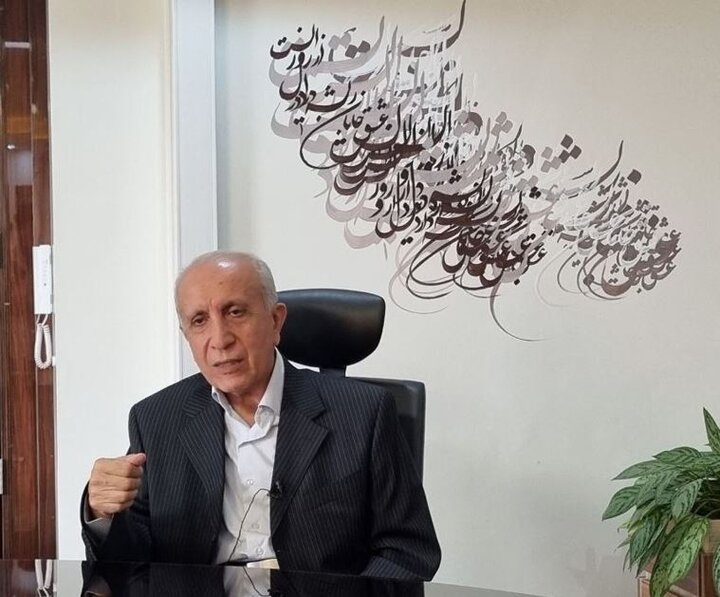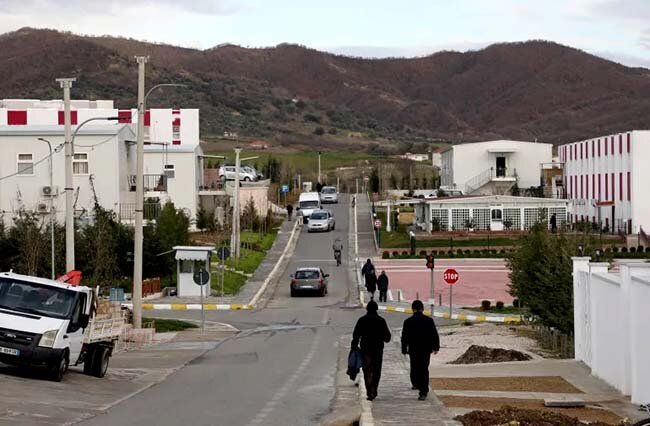Tehran – The human mind craves family. It is important to provide our happiness, warmth, safety and a sense of belonging. But for a terrorist group that has isolated over 2,000 people in a corridor community at the heart of Europe, family ties are not a source of strength, but a threat to obedience.
Within the Ashraf Camp in Albania, what is important is how members serve Mujahideen Ekhalk (MEK) leadership. Families are considered distractions from leadership instructions. The group assured that this belief was engraved in the hearts and hearts of its members in the 1990s and 2000s, and that every couple in the original Ashraf camp in Iraq would divorce and drive away their children. At least 800 children were separated from their parents and moved to Europe without further unity.
MEK has also worked proactively to prevent the remaining families of Iranian members from contacting members within the camp. There, MEK individuals have no access to the phone, the internet, or anything that helps them to return to Iran and connect with their loved ones. If you use phones or other devices that may act as a means of communication, they are never free. All of their moves are being monitored by top members of the organization, according to Ebrahim Khodabandeh, current MEK member and current CEO of the Nejat Association, a Tehran-based entity that supports families seeking contact with MEK’s loved ones.
“As a former member of a terrorist group, I know it’s impossible for people at Ashraf Camp to contact their loved ones,” he explained. “It assumes they even assume they will overcome the brainwashing of the organization. “But it has not been far from the truth. Iranian families are desperately seeking connections with their loved ones at Ashraf Camp. For the past 20 years, I have received daily calls from people who are crying, brothers, fathers, mothers, sons, or people who beg me to help them find daughters who have not heard in years.”
Khodabandeh explained that the hopes of these families were often simple. Most people wanted nothing more than to know if the person who left them a few years ago was still alive. “The International Committee of the Red Cross (ICRC) should be an organisation that makes this possible,” he declared. “It’s a shame to have to say we were unable to provide adequate assistance in this regard.”

Ebrahim Kodabande, CEO of the Nejat Association
The Red Cross has a long history of obligation and responsibility to help families find loved ones, especially in situations of armed conflict, other violence, natural disasters and migration. This work is a central part of their humanitarian mission and is known as the Restoration of Family Links (RFL).
In his remarks to the Tehran Times, Khodabandeh pointed out that the Red Cross was aware of the letters from al-Qaeda members to Saudi families.
“I’ve lost the time I spoke to ICRC officials in Iran, Albania and Geneva where their headquarters are,” he said. “I write to them every year on the World Red Cross and Red Crescent Day on May 8th. However, I have never received a satisfactory explanation as to why we were unable to associate these people with their families at Ashraf Camp.
The Ashraf Camp in Albania serves as a state within the state. Previously, aid workers trying to deliver letters from families in Iran and other countries were kicked out at the gates and denied contact with MEK members. “The ICRC said the organization told them that the people we are trying to reach didn’t want a letter,” Khodabandeh said. “When I pushed them on them, I asked them how they could justify their flimsy excuses, they had nothing to say to me.”
The treatment of MEK members is not only in violation of international legal standards, including UN law and humanitarian law, but also in violation of the Albanian Constitution. Specifically, group practices within Camp Ashraf violate Articles 16, 17, 18, 19 and 21, which guarantee rights such as individual freedom and security, inviolability of residence, freedom of expression, freedom of association, and access to information.
“The ICRC must contact the Albanian government and promote communication through the authorities there. I don’t understand why they are not supporting us with this. All I know is, based on their own orders, that is their responsibility,” the CEO of the Nejat Association said. “I’m writing again to the ICRC on May 8th this year. I hope they write back to me and at least give me an explanation as to why they can’t fulfill their duties.”
Regarding the dire circumstances of Ashraf Camp, another agency that appears to be underrepresented is the United Nations High Commissioner for Refugees (UNHCR). The entity recognized MEK members as refugees when stationed in Iraq. This requires UNHCR workers to meet in Albania now and ensure that these members enjoy basic human rights, including the right to life, freedom and the safety of people. Freedom of movement; freedom of religion; freedom of expression; and the right to education.
The Tehran Times understands that the actions of European states on terrorism have influenced organizations such as the ICRC and UNHCR. The West tends to classify terrorists into “bad” and “good” groups. Information obtained by the Tehran Times shows that MEK is considered a “good” terrorist organization in the West due to its anti-Iranian activities. As a result, aid organizations are often less likely to advocate for individual rights linked to MEKs or investigate group human rights violations.

